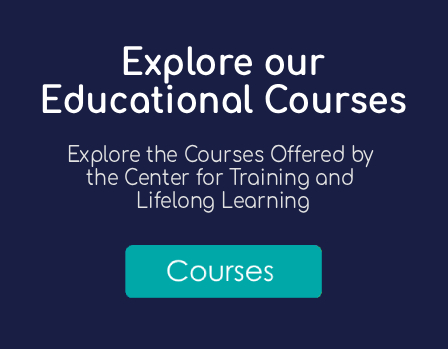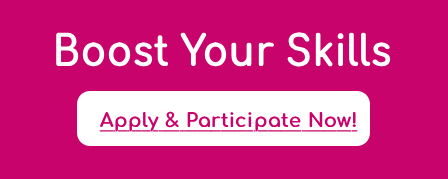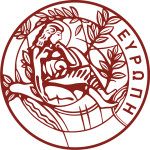Centre of Training and
Lifelong Learning
Lifelong Learning
The Center for Training and Lifelong Learning (KEDIVIM) of the University of Crete is an independent structure of the Institution that ensures coordination and interdisciplinary cooperation in the development of continuing education, training and lifelong learning programmes in general.
Through KEDIVIM, all non-formal education and informal learning activities are implemented and officially certified. The continuing education, training and lifelong learning in general is offered in cooperation with universities or research centres in Greece, as well as institutions recognized as peer institutions abroad. The preparation and implementation of the programmes is based on the national and European institutional framework for lifelong learning.
Short presentation of CTLL Apply and Participate Now!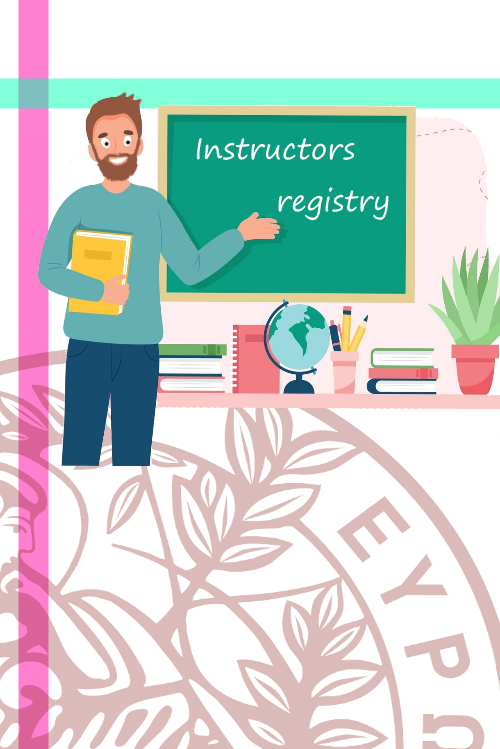


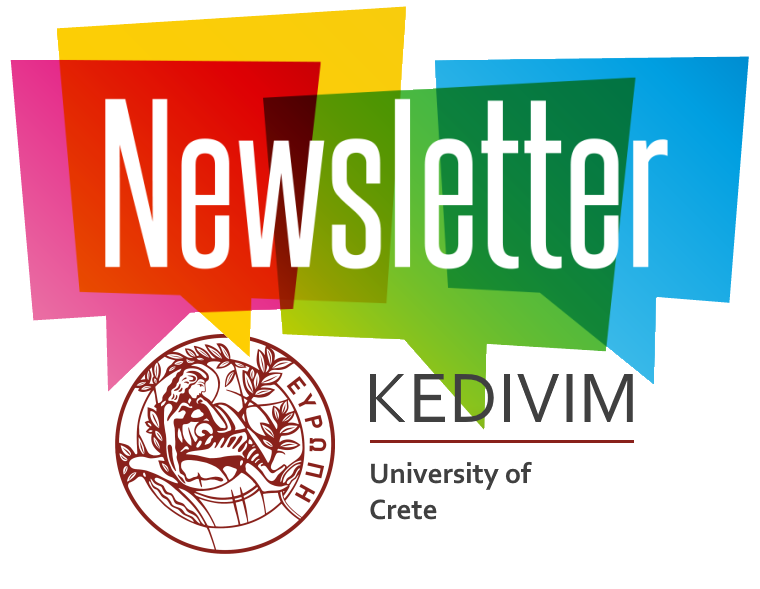
Newsletter
Subscribe to our Newsletter
to receive
- news
- announcements
- information




